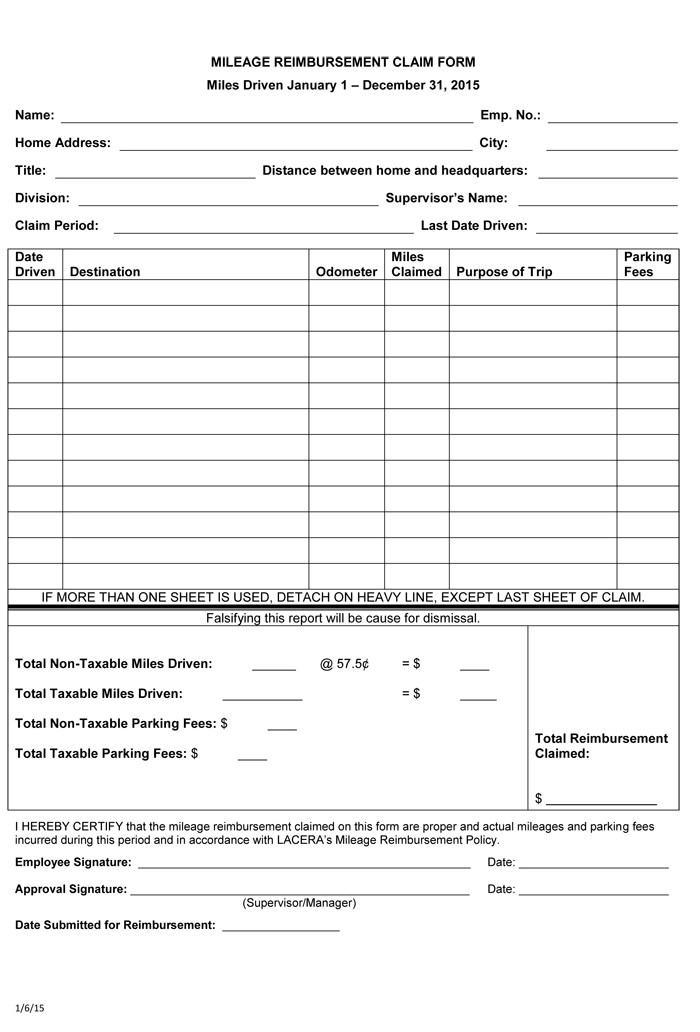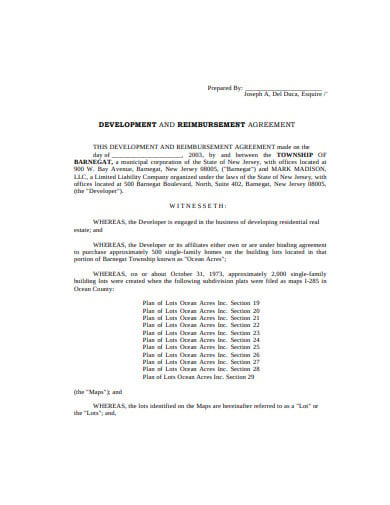

This could be the case, for example, where an employer pays an employee the same gross amount regardless of the amount of expenses the employee incurs. In addition, there are IRS rules designed to prevent an employer from reducing employees wages in a manner inconsistent with an accountable plan. This would likely mean a reduction in the employees wages, and it may not be easy to determine what this should be because of the variability in expenses and employee situations.
#Reimbursement of contractor expenses how to
Obviously, there is a financial cost involved for a company to begin reimbursing employee expenses where that has not been the practice.Įmployers will need to consider how to incorporate reimbursement arrangements into an overall compensation policy, as a matter of being both fair and competitive. This may be done for various non-tax reasons such as administrative simplicity, allowing the employee more autonomy in their work, etc.

Some employers have arrangements whereby their employees are expected to pay for certain business related expenses out of their income, rather than be reimbursed. Restructuring employee compensation when changing to a reimbursement arrangement
#Reimbursement of contractor expenses professional

Under TCJA, those expenses are no longer deductible so the employee would no longer have an offset against the taxable reimbursements.

This might also serve as a means to provide more after-tax income to the employee and be more competitive in the marketplace.īefore TCJA, an employee who incurred unreimbursed business expenses (or received taxable allowances or reimbursements for those expenses) could deduct the expenses on their tax return as an itemized deduction. By taking the steps to shift to a reimbursement arrangement that would qualify as an accountable plan, the employer may be able to provide a much more tax efficient way to handle these expenses. An employer may currently be using what is called a nonaccountable plan. As a result of changes in the treatment of employee business expenses in the Tax Cuts and Jobs Act of 2017 (TCJA), some employers may wish to revisit their policies on reimbursement to employees for those expenses.


 0 kommentar(er)
0 kommentar(er)
